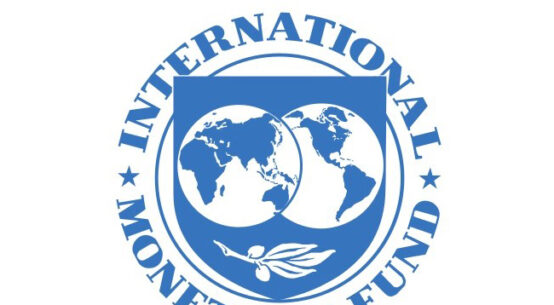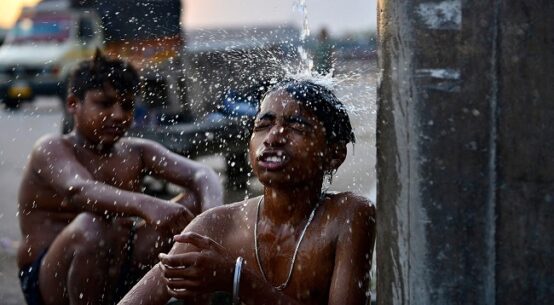
The International Court of Justice has declined the South African government’s urgent application for further measures to prevent an “unprecedented military offensive against Rafah,” but reiterated that Israel is bound to protect civilians in the country.
South Africa argued in an urgent application that this military offensive “announced by the State of Israel, has already led to and will result in further large-scale killing, harm, and destruction in serious and irreparable breach both of the Genocide Convention” and of the Court’s Order of January 26, 2024.
In a letter to South Africa and the State of Israel, the court noted it’s concern about the recent developments in the Gaza Strip and in Rafah, saying that the military developments “‘would exponentially increase what is already a humanitarian nightmare with untold regional consequences,” as stated by United Nations Secretary-General António Guterres.
However, while this situation demanded the immediate and effective implementation of the provisional measure indicated by the court in January, the new developments did not require additional measures.
“The Court emphasizes that the State of Israel remains bound to fully comply with its obligations under the Genocide Convention and with the said Order, including by ensuring the safety and security of the Palestinians in the Gaza Strip.”
In its application, South Africa noted that:
Prime Minister Benjamin Netanyahu ordered the IDF and security establishment to submit a plan to evacuate Rafah and destroy the four Hamas battalions in the area.
Rafah, normally home to 280,000 Palestinians, currently houses—primarily in makeshift tents—more than half of Gaza’s population, estimated at approximately 1.4 million people, approximately half of them children, who had fled to the city from homes and areas largely destroyed by Israel.
The International Committee of the Red Cross and the UN Special Rapporteur had also expressed concern about the conditions and the threat of evacation, and military offensives, with UNICEF urgently highlighting the “need” for “Gaza’s last remaining hospitals, shelters, markets and water systems”—which are in Rafah—”to stay functional”, underscoring that “[w]ithout them, hunger and disease will skyrocket, taking more child lives.
Israel argued in response that South Africa’s request was an attempt to relitigate “through a truncated process in which it alarmingly sought to deprive Israel of the right to be heard.”
Instead of a “significant development” in Gaza, South Africa’s request was in fact based on an “outrageous distortion” and was the “depiction of a limited operation on the night of 11 February 2024, which was directed at military targets and enabled the release of two Israeli hostages—Fernando


